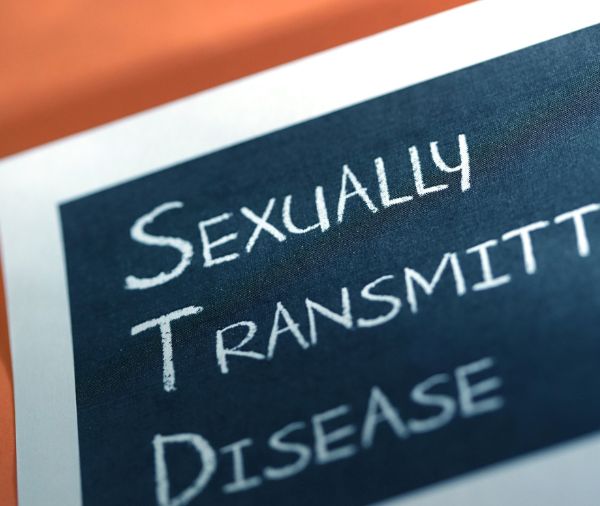From time infinite, sex has always been pleasurable. But it’s unfortunate that whether you have it orally, anally or through the vagina, you stand a chance of getting infected with a disease passed on through sex.
Though common, STDs come with a stigma. Research shows that 1 in 2 people get infected with an STD before 25 years. STDs are very common in young people, but even persons above 50 years are contracting infectious diseases too.
Not everyone may have passed the anxiety level of discussing STDs. But you must get an STD test, even if it’s just one time a year, to know your sexual health status.
Who needs to be tested?
An STD test, a minimum of one-time a year, is recommended for everyone who is sexually active. For those whose risks are higher – we are talking of people with multiple sex partners, engage in unprotected sexual activity, or share intravenous needles, the recommended testing frequency is every 3 to 6 months.
Many of these STDs can be treated or cured if diagnosed on time. As for those STDs with no cure, a diagnostic test can highlight them and treatment to keep symptoms under control can be prescribed.
What does an STD test involve?
At your women’s sexual health check, our doctor will conduct a Pap smear – this test checks for abnormal cervical cell changes that may herald cancer of the cervix. HPV, which is a very common infectious disease, is a major cause of these changes.
Gonorrhoea and syphilis are also tested for with our blood tests. According to the Centre for Disease Control and Prevention (CDC), anyone between 13 to 64 years should get a minimum of one-time HIV testing, whether your risks are not high. Other STDs we test for include:
- Herpes
- Pelvic inflammatory disease (PID)
- Hepatitis
- Trichomoniasis
- HPV (should your Pap test be unusual)
- Bacterial vaginosis
Where you are experiencing symptoms like blisters, itching or vaginal discharge, there are other recommended tests we may order.
What time is an STD test needed?
Go get an STD test a few weeks after engaging in unprotected sex. The reason is that certain viral infections, including HIV, hardly come up in a test right after exposure. Speak with our clinic staff about what time an STD test will be necessary and book one soon. This way, you can get treated early should it become necessary.
What about STD tests and pregnancy?
Come get tested for hepatitis B, HIV, and syphilis at our clinic should you be pregnant or considering getting pregnant. Tests for gonorrhoea and chlamydia can be recommended if our doctor didn’t perform these tests during your last women’s sexual health check.
If you have been keeping more than one sexual partner, regular STD testing will be recommended for the whole time you’re pregnant. The aim is to keep your baby from contracting any infectious disease.
How about symptoms that show up between tests?
Women could be infected but asymptomatic (show no symptoms) because of the position of their genitals. Based on this, frequent testing is important.
Go Here or visit the private sexual health clinic in London for testing should you experience any abnormal and unpleasant symptoms between your women’s sexual health check. STD symptoms can be:
- Vaginal discharge that smells bad
- Vaginal discharge with an abnormal colour
- An itchy anus, vagina or vulva
- Lesions, blisters or bumps on the anus or vulva
- Unusual loss of blood between periods
- Discomfort during sex
- Pain while urinating or having bowel movements
- A dark coloured urine
You may experience whole body STD symptoms as well. Do well to see our team for symptoms like:
- A fever
- Enlarged lymph glands
- Unexplained fatigue
We can treat STDs with prescription antibiotics or other methods. Should your STD be caused by a virus, like in the case of herpes, antiviral medications can be used to control sudden appearances.
Can I avoid STDs completely?
Yes, and abstinence is a sure way to. Be careful to note that infections like HPV can be contracted without sexual penetration but via intimate exposure. If you must have sex, keep yourself safe from STDs by:
- Practising safe sex via the use of condoms
- Keeping a monogamous sexual relationship
- Being vaccinated against HPV (if possible before sexual exposure)
- Taking an STD test and women’s health check every year
You can reach our clinic today by phone call to schedule an STD test for you and your partner.

